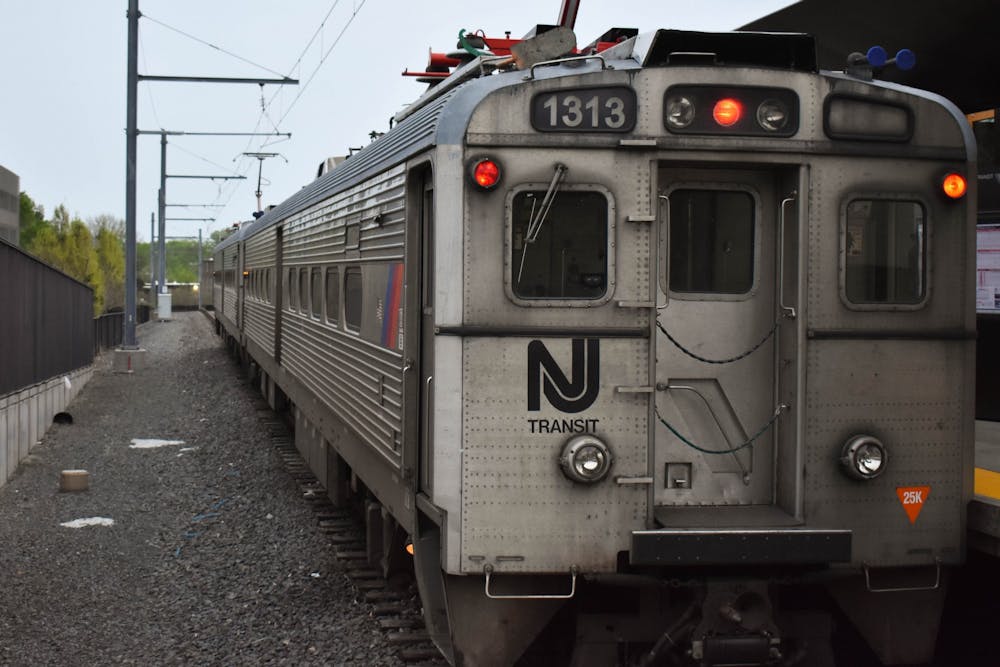The following is a guest contribution and reflects the author’s views alone. For information on how to submit an article to the Opinion Section, click here.
2022 has certainly gotten off to an inauspicious start, with COVID cases in the U.S. reaching previously unthinkable numbers. After a hopeful summer and a mostly-normal fall semester marred by a late spike in cases, the University administration once again has the unenviable task of weighing what sort of preventative measures should be implemented to ensure a safe semester. Each public health decision involves weighing the potential benefits against the disruption to everyday life, and thankfully we have two tools that offer significant benefits with minimal disruption: vaccines and masks, both of which the University has rightly mandated. Conversely, the University’s restriction on undergraduate personal travel outside of Mercer County and Plainsboro Township is unlikely to offer much help in reducing cases on campus while also being tremendously invasive and disruptive.
The stated rationale in Jan. 5th’s Undergraduate Student Government (USG) Town Hall for having travel restrictions in place is to “create a bubble at Princeton where everyone is tested,” according to Environmental Health and Safety’s Jacqueline Wagner. Whether or not the efforts to create a bubble in the first place are justified, the fact of the matter is that these travel restrictions fail to curtail the actual behaviors that are likely to bring COVID into the Orange Bubble.
Taking the southbound red-line train to Trenton exposes someone to just as many people as taking the northbound train to New Brunswick, yet only the latter is prohibited. In a more extreme example, eating at a restaurant or going to a bar are activities that are much more likely to result in infection compared to a student driving themselves home to their vaccinated and boosted family, but the latter is what’s banned under these restrictions. People who engage in high-risk behaviors such as eating in restaurants and attending parties are just as able to perform those actions in Mercer County as they are in any other county. Likewise, people who take reasonable precautions to avoid spreading COVID will do so regardless of which county they’re in.
It’s no secret that the University is an extremely high-stress environment. There are numerous scenarios where preventing students from leaving Mercer County could be detrimental to their wellbeing. If a student comes down with an illness that is not COVID-19, they no longer have the option to return home if they live outside of Mercer County, even though this is likely to lead to a quicker and more complete recovery than attempting to tough it out on a campus that is often unconducive to recovering from sickness. Additionally, life doesn’t stop during a pandemic, and there will be numerous important occasions when students will desire to visit their friends and/or family.
Of course, students should be held accountable for making responsible choices, and now is not the time to be attending a 200-person indoor wedding, but there is no reason why a student should be prohibited from leaving the county to attend their little brother’s first baseball game. Having to watch those moments from a screen, or worse, having to deal with a family emergency while being stuck in Mercer County, is likely to significantly worsen a student’s mental health in what is still far from a normal semester.
It doesn’t take a public health expert to see that the undergraduate travel restrictions are a heavy-handed measure with glaring inconsistencies. No matter whether those inconsistencies are remedied by removing the travel restrictions or putting further restrictions on other high-risk activities, something must be done. The four, soon-to-be five COVID-impacted semesters have been challenging for all of us, and undergraduates have often ended up subject to the strictest restrictions. All we ask is that those restrictions make sense.
Aidan Hintermaier is a senior concentrating in Civil and Environmental Engineering from Macon, Ga. He can be reached at aidanhintermaier@princeton.edu.








